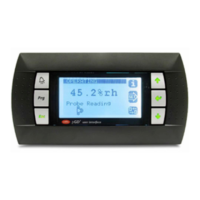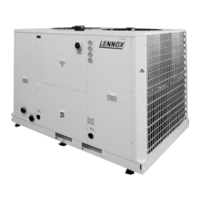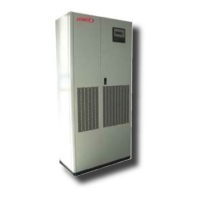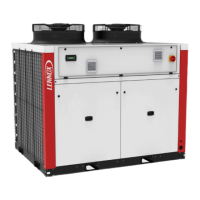Page 42 MUL41E-0610/06-2011
24 - BMS
24.1 - Function
BMS (Building Management Systems) are systems for the integrated management of all the technological functions
of a building, including access control, safety, fire detection, lighting, intelligent elevators, and Air-Conditioning. The
resulting advantages of such solutions as simpler and more efficient management of the building from a single
control station, reduction in running costs, possibility of statistical analysis of all data, immediate identification of
and response to faults and alarms, amply justify the little extra cost of the Air-Conditioning unit BMS connectable.
Today not only the quality and the reliability of the instruments are important, but also the degree of external
connectivity they can offer.
24.2 - Description
The communication bus is connected on Climatic™60’s serial card board on the BM60. A star connection is not
recommended, for an optimum operation it is advised to connect a maximum of two cables per unit. In case of
RS485 bus, a resistance of 120Ω 1/4W can be connected on the last unit between the terminals + and -.
The connection must be carried out by the following cable:
• Cable length up to 1000m: LiYCY-P (0.34 mm ²), 2 pairs with general shield.
The CLIMATIC™ 60 offers different possibilities of BMS protocol:
• Modbus RTU,
• Trend,
• Bacnet,
• Lon Works.
Modbus is a serial communications protocol published by Modicon in 1979, and has become a standard
communications protocol in industry, and is now the most commonly available method of connecting industrial
electronic devices.
Controllers communicate using a master–slave technique, in which only one device (the master) can initiate
transactions (called ‘queries’). The other devices (the slaves) answer by supplying the requested data to the
master, or by taking the action requested in the query.
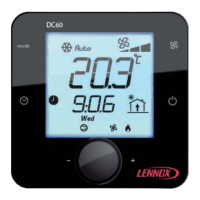
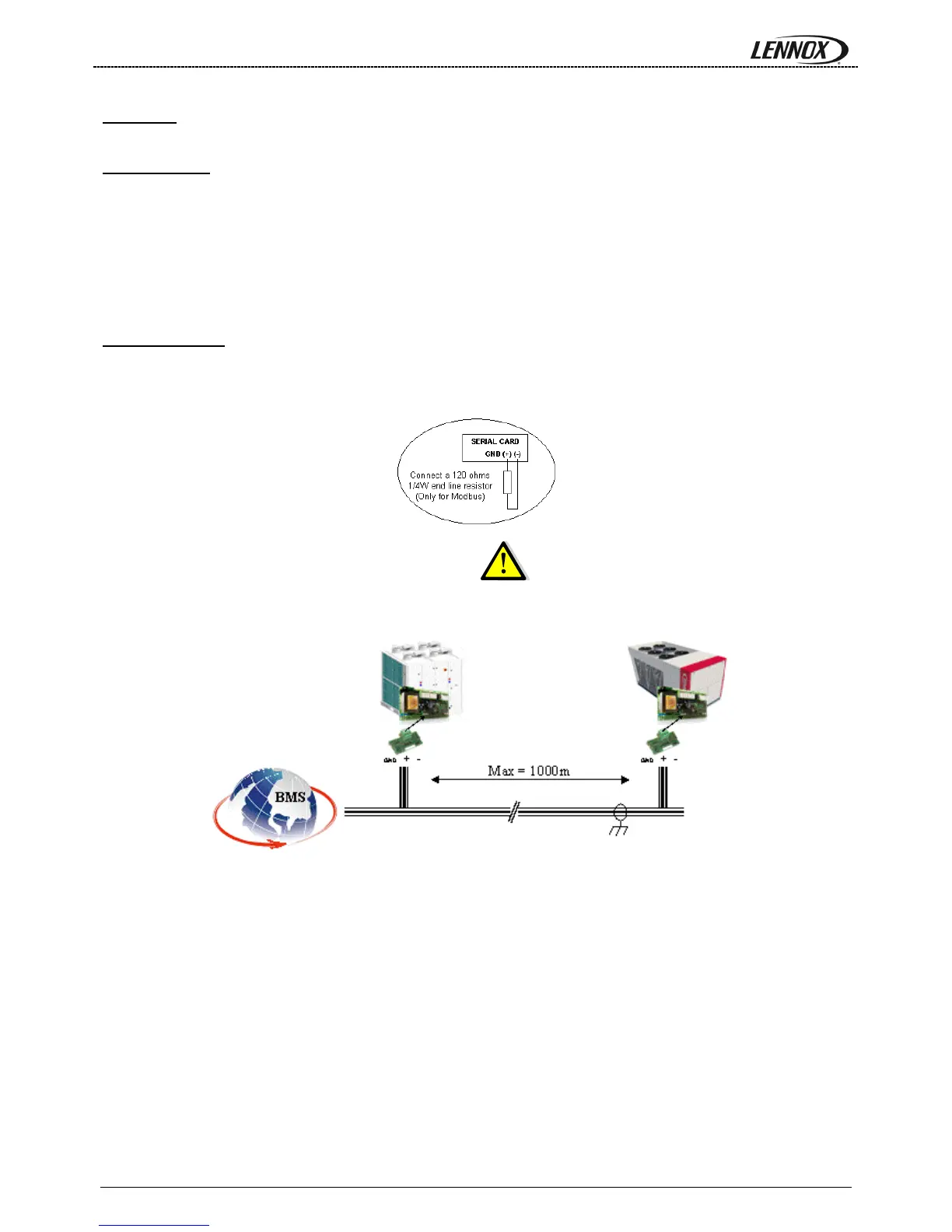